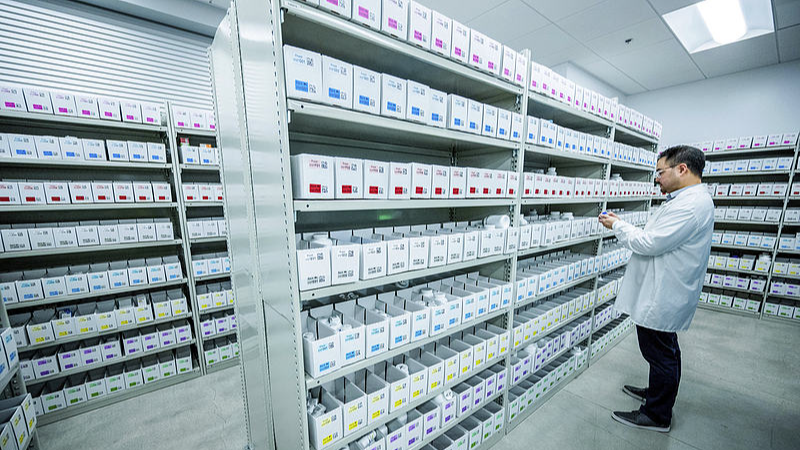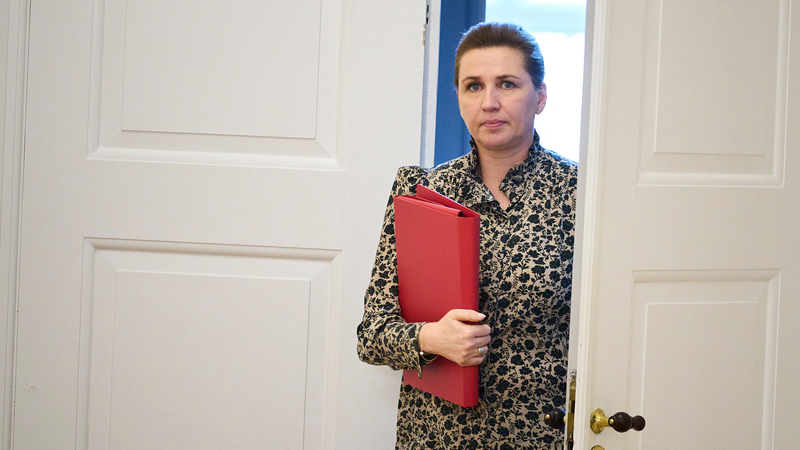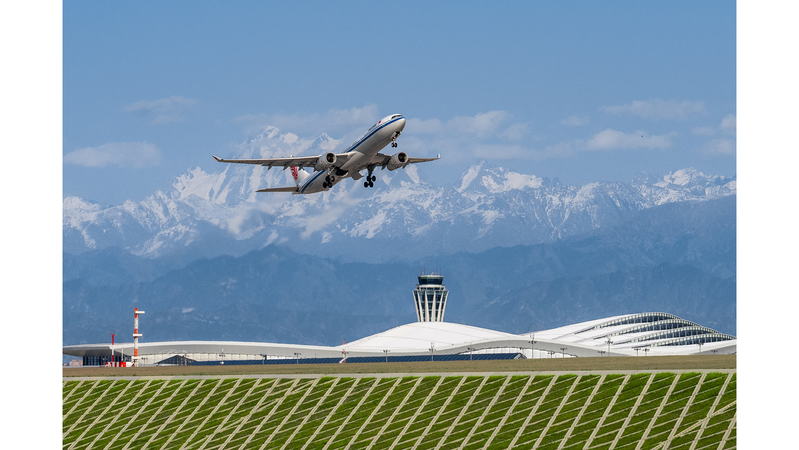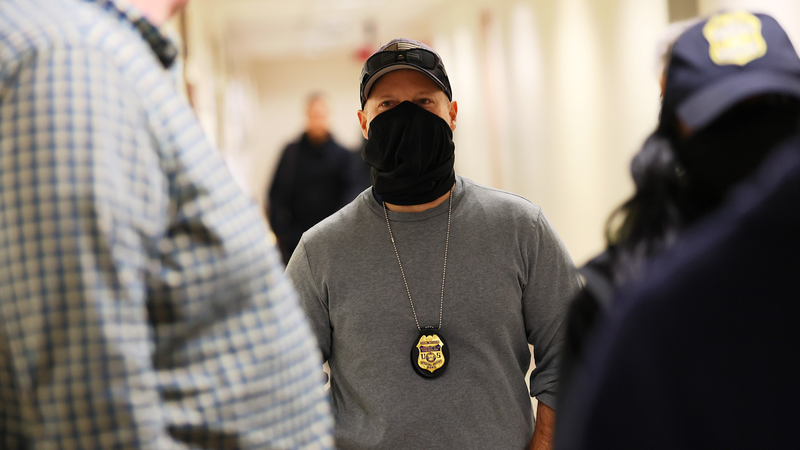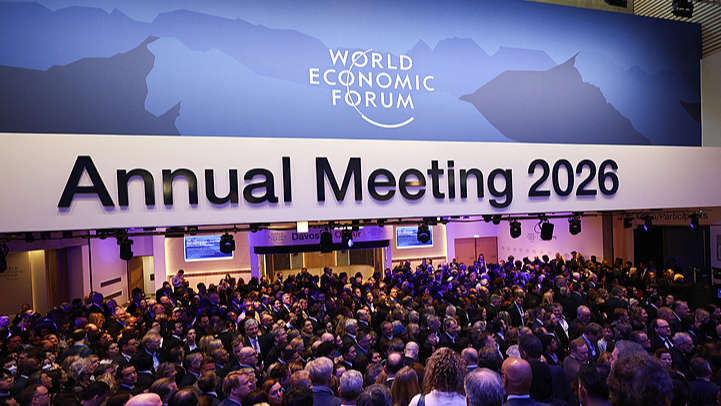Hey everyone! Recently, U.S. President Donald Trump launched a bold threat of increasing tariffs on imported pharmaceuticals, aiming to lower drug prices and boost national security. But experts are raising a red flag 🧐, saying that the move might not hit the mark.
Industry insiders point out that the U.S. pharmaceutical market is deeply tied to a complex global supply chain, and high production costs in the United States mean that simple tariff measures can’t easily cut prices. For example, following the tariff threat, U.S. healthcare stocks took a dip on August 1, reflecting market concerns.
On July 31, Trump sent letters to the CEOs of 17 major pharmaceutical companies, demanding they slash drug prices within 60 days under threat of heavy tariffs—even as high as 200%. In response, big names like Johnson & Johnson, Eli Lilly, and AstraZeneca have announced massive domestic investments, totaling over $250 billion, to boost local production and research & development 🎯.
However, experts like Erin Fox from the University of Utah Health and Stephen Farrelly, head of Global Healthcare at ING, argue that these investments won't soon eliminate reliance on global raw materials or bring down costs significantly. With higher labor, energy, and transportation costs in the U.S., the “Made in America” label might not mean cheaper drugs after all. In fact, generic drug makers, who operate on razor-thin margins, may even consider relocating rather than facing these high tariffs.
While the promise of lower prices and enhanced security sounds appealing, the reality remains a steep challenge—a reminder that solving complex global issues isn’t as simple as a single tariff policy.
Reference(s):
Experts doubt Trump's drug tariffs will lower prices or boost security
cgtn.com
